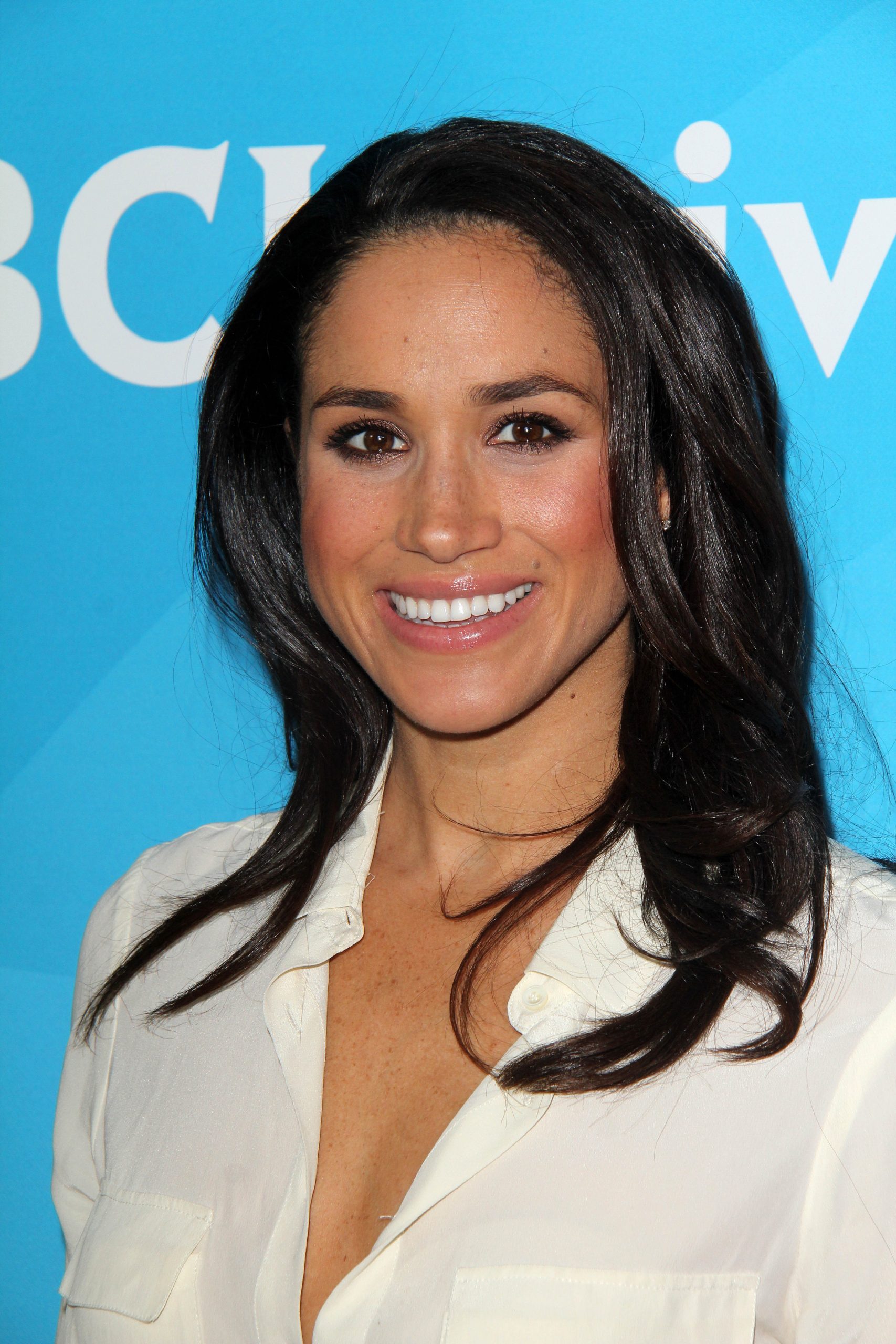“The judge concluded that the Duchess had a reasonable expectation that the contents of the letter would remain private, and that the published articles interfered with that reasonable expectation.”
 The actor Meghan Markle gained fame playing a paralegal in the TV show Suits. Now, as Her Royal Highness, The Duchess of Sussex, she is starring in her own legal drama in London’s High Court.
The actor Meghan Markle gained fame playing a paralegal in the TV show Suits. Now, as Her Royal Highness, The Duchess of Sussex, she is starring in her own legal drama in London’s High Court.
On February 11, Mr. Justice Warby granted summary judgment in favor of the Duchess on most of the issues in her privacy and copyright case brought against Associated Publishers, which publishes the tabloid Mail on Sunday newspaper and MailOnline website in the UK.
The Duchess brought the action over the publication in February 2019 of five articles that included 88 quotations from a letter she had sent to her father, in which she discussed their relationship. She claimed that the publication of the articles involved (1) a misuse of her private information, (2) a breach of the defendants’ duties under data protection law and (3) an infringement of her copyright in the letter.
In November, 14 months after issuing the claim and after the trial had been partly heard, the Duchess applied to strike out the publisher’s defenses to claim (1) and/or for summary judgment on claims (1) and (3).
Protecting Privacy
On the privacy question, the judge concluded that the Duchess had a reasonable expectation that the contents of the letter would remain private, and that the published articles interfered with that reasonable expectation. The only justification for that interference would be to correct some inaccuracies in another article previously published in the U.S. magazine People. But the judge said the “inescapable conclusion” was that “the disclosures made were not a necessary or proportionate means of serving that purpose … Taken as a whole the disclosures were manifestly excessive and hence unlawful.”
He added that the interference with the publisher’s freedom of expression “is a necessary and proportionate means of pursuing the legitimate aim of protecting the claimant’s privacy.” He therefore granted summary judgment on the privacy claim.
Copyright Infringement
The question of copyright infringement involved three main questions: Was the letter (specifically, an electronic draft on the Duchess’s phone) protected by copyright? Was there infringement? And was there a defense based on fair dealing or public interest?
On the first question, the judge rejected the defendant’s submission that the letter lacked originality (one of the requirements for copyright to subsist) calling its arguments “startling” and “utterly fanciful.” He concluded that there was “no basis in law or fact” for the defendant’s case and he could see no prospect of the Court concluding that the electronic draft “is to any extent a purely mechanical exercise in reciting bald historical facts.” On the contrary, the draft “is and would inevitably be held to be the product of intellectual creativity sufficient to render it original in the relevant sense and to confer copyright on its author or authors.”
On the second question, the judge said it was “undeniable” that the articles “reproduced a substantial part of the content” of the draft and letter, given that substantiality is assessed qualitatively not quantitively.
Turning to the third question, the judge found that the reproduction of just one paragraph of the letter (concerning Mr. Markle’s objection to the People article) could be considered fair dealing for the purposes of reporting current events. The rest of the reproduction “was, essentially, for the purpose of reporting the contents of the Letter, which was not a current event. And the use made was not fair.” For essentially the same reasons, he found that this was not a case where the public interest required copyright to be overridden.
There is one outstanding issue, concerning ownership of the copyright. Associated Newspapers argued that there might be joint ownership of copyright between the Duchess and her former communications secretary. The existence and extent of that joint ownership could only be established through evidence presented in a trial, it said.
The judge said this argument occupied “the shadowland between improbability and unreality” and was “contingent, inferential and imprecise. It cannot be described as convincing, and seems improbable.” Nevertheless, it was not “fanciful” and the defendant was entitled to a trial purely on this issue if it wished. Even if that trial went ahead, though, the impact would only be on remedies: There was no doubt that there was infringement of the copyright of which the Duchess was either owner or co-owner. He therefore granted summary judgment on the issues of subsistence and infringement.
Next Steps
The judgment is a victory for the Duchess, who has not had a good relationship with much of the British media. In a statement she said: “After two long years of pursuing litigation, I am grateful to the courts for holding Associated Newspapers and The Mail on Sunday to account for their illegal and dehumanizing practices.” She will pursue remedies.
A spokesperson for Associated Newspapers told the BBC: “We are very surprised by today’s summary judgment and disappointed at being denied the chance to have all the evidence heard and tested in open court at a full trial.” It can seek leave to appeal the judgment, though any appeal will address only legal, and not factual, issues.
Some commentators have questioned whether the decision sets a precedent for privacy and copyright law to be used to block the publication of leaked letters. However, the judge was clear that the contents of the letter were private and personal, and unrelated to the Duchess’s public profile.
On February 15, the Duke and Duchess, who now live in California, announced that they are expecting their second child. CBS will broadcast an interview with the couple, conducted by Oprah Winfrey, on March 7.

![[IPWatchdog Logo]](https://ipwatchdog.com/wp-content/themes/IPWatchdog%20-%202023/assets/images/temp/logo-small@2x.png)

![[[Advertisement]]](https://ipwatchdog.com/wp-content/uploads/2024/04/Patent-Litigation-2024-banner-938x313-1.jpeg)
![[Advertisement]](https://ipwatchdog.com/wp-content/uploads/2024/04/UnitedLex-May-2-2024-sidebar-700x500-1.jpg)
![[Advertisement]](https://ipwatchdog.com/wp-content/uploads/2024/04/Artificial-Intelligence-2024-REPLAY-sidebar-700x500-corrected.jpg)
![[Advertisement]](https://ipwatchdog.com/wp-content/uploads/2024/04/Patent-Litigation-Masters-2024-sidebar-700x500-1.jpg)

![[Advertisement]](https://ipwatchdog.com/wp-content/uploads/2021/12/WEBINAR-336-x-280-px.png)
![[Advertisement]](https://ipwatchdog.com/wp-content/uploads/2021/12/2021-Patent-Practice-on-Demand-recorded-Feb-2021-336-x-280.jpg)
![[Advertisement]](https://ipwatchdog.com/wp-content/uploads/2021/12/Ad-4-The-Invent-Patent-System™.png)






Join the Discussion
No comments yet.